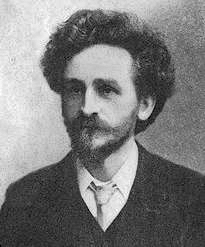In the early 1900’s, a little-known philosopher named James Allen wrote a powerful essay called “As a Man Thinketh” in which he argued that we are what we think, that a person’s character is the sum of his thoughts. He declared that the power to control our thoughts (whether we use that power or not) is the ability to mold our character and shape our destiny.
This is a profound insight, making us personally responsible not only for our conduct but for our circumstances.
He wrote, “As a plant springs from the seed, our actions, character, and even our circumstances spring from our thoughts.” As long as we believe we’re the creatures of outside conditions, we will fail to become the rightful masters of our lives. But if we do the hard work of reflecting continually to identify and modify negative beliefs and attitudes, we’ll be astonished at the rapid transformation it will produce in our lives.
Our thoughts and actions can be either jailors of negativity, imprisoning us in degrading circumstances, or angels of freedom, liberating us to achieve our noble potential.
The relationship between attitudes and circumstances is now well recognized, captured in aphorisms like “Change your attitudes and you change your life,” and “It’s not your aptitude but your attitude that determines your altitude.”
But it’s Allen’s connection between thoughts and character that is especially interesting. Yes, our destiny is determined by our character, but our character is not determined by destiny.
We can’t always control when bad thoughts and negative impulses enter our minds, but we can decide either to nurture or to reject them.
This is Michael Josephson reminding you that character counts.

